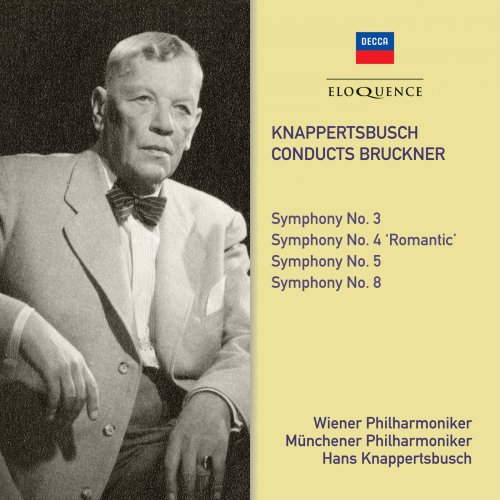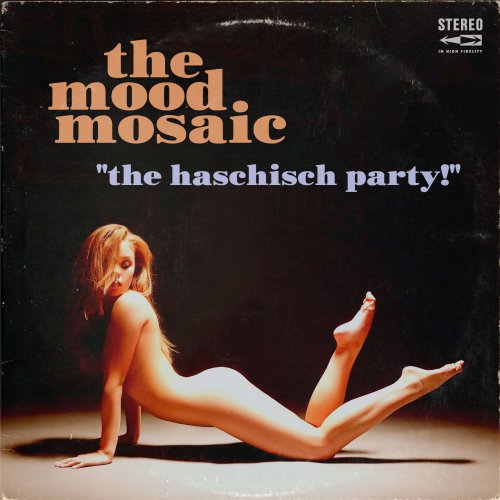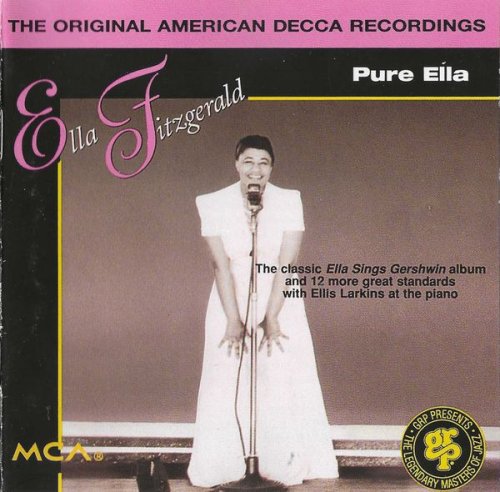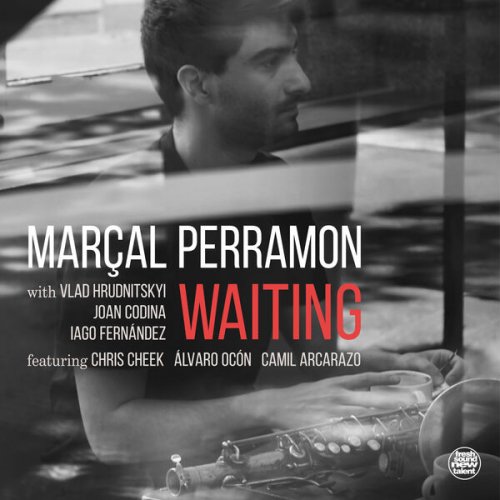Hans Knappertsbusch - Bruckner: Symphonies Nos. 3, 4, 5 & 8 (2020)

Artist: Hans Knappertsbusch
Title: Bruckner: Symphonies Nos. 3, 4, 5 & 8
Year Of Release: 2020
Label: Universal Music Australia Pty. Ltd.
Genre: Classical
Quality: flac lossless
Total Time: 04:19:15
Total Size: 1.1 gb
WebSite: Album Preview
TracklistTitle: Bruckner: Symphonies Nos. 3, 4, 5 & 8
Year Of Release: 2020
Label: Universal Music Australia Pty. Ltd.
Genre: Classical
Quality: flac lossless
Total Time: 04:19:15
Total Size: 1.1 gb
WebSite: Album Preview
---------
01. Bruckner: Symphony No. 3 in D Minor, WAB 103 (1888/89 Version, Ed. F. Schalk)-1. Mäßig bewegt
02. Bruckner: Symphony No. 3 in D Minor, WAB 103 (1888/89 Version, Ed. F. Schalk)-2. Adagio (etwas bewegt) quasi andante
03. Bruckner: Symphony No. 3 in D Minor, WAB 103 (1888/89 Version, Ed. F. Schalk)-3. Scherzo. Ziemlich schnell
04. Bruckner: Symphony No. 3 in D Minor, WAB 103 (1888/89 Version, Ed. F. Schalk)-4. Finale. Allegro
05. Bruckner: Symphony No. 4 in E-Flat Major "Romantic", WAB 104 (1888 Version, Rev. F. Schalk & Loewe)-1. Bewegt, nicht zu schnell
06. Bruckner: Symphony No. 4 in E-Flat Major "Romantic", WAB 104 (1888 Version, Rev. F. Schalk & Loewe)-2. Andante, quasi allegretto
07. Bruckner: Symphony No. 4 in E-Flat Major "Romantic", WAB 104 (1888 Version, Rev. F. Schalk & Loewe)-3. Scherzo. Bewegt
08. Bruckner: Symphony No. 4 in E-Flat Major "Romantic", WAB 104 (1888 Version, Rev. F. Schalk & Loewe)-4. Finale. Bewegt, doch nicht zu schnell
09. Bruckner: Symphony No. 5 in B-Flat Major, WAB 105 (Ed. F. Schalk)-1. Introduction. Adagio-Allegro
10. Bruckner: Symphony No. 5 in B-Flat Major, WAB 105 (Ed. F. Schalk)-2. Adagio. Sehr Langsam
11. Bruckner: Symphony No. 5 in B-Flat Major, WAB 105 (Ed. F. Schalk)-3. Scherzo. Molto vivace
12. Bruckner: Symphony No. 5 in B-Flat Major, WAB 105 (Ed. F. Schalk)-4. Finale. Adagio-Allegro molto
13. Bruckner: Symphony No. 8 in C Minor, WAB 108 (1892 Version, Rev. J. Schalk)-1. Allegro moderato
14. Bruckner: Symphony No. 8 in C Minor, WAB 108 (1892 Version, Rev. J. Schalk)-2. Scherzo. Allegro moderato-Trio. Langsam
15. Bruckner: Symphony No. 8 in C Minor, WAB 108 (1892 Version, Rev. J. Schalk)-3. Adagio. Feierlich langsam, doch nicht schleppend
16. Bruckner: Symphony No. 8 in C Minor, WAB 108 (1892 Version, Rev. J. Schalk)-4. Finale. Feierlich, nicht schnell
Newly remastered and gathered under one roof for the first time, the Decca recordings of Hans Knappertsbuschconducting Bruckner: a legendary combination.
For record collectors in the 1950s and 60s, the names of Bruckner and Knappertsbusch('Kna') were practically synonymous. At a time when the composer's symphonies were routinely compared to Gothic cathedrals, the rough grandeur, steady pulse and towering climaxes of these readings marked out the conductor as an architect of symphonic majesty.
Record companies did not have to work hard to cultivate this image, thanks to Knappertsbusch'scraggy visage, imposing presence on the podium and decades of Wagnerian experience at Bayreuth. At a time when Wagner's Parsifalwas still experienced as a primarily sacred music drama, the major works of Bruckner were likewise understood in semi-sacred terms as concert-hall rites, and who better to pierce their mysteries than Parsifal's pre-eminent interpreter?
Knappertsbuschbegan recording Bruckner for Decca in 1954, with the Third. The Fourth and Fifth quickly followed, also from Vienna, and thenthe Eighth arrived as an appendix from Munich, first issued on the Westminster label in 1963. By then the conductor's readings of Romantic repertoire had become less impulsive, evenmore monumental in concept, but still lightened by a natural feeling for the dance rhythms in Bruckner's scherzos and Ländlerthemes.
Knappertsbuschpersisted in conducting from editions prepared by Bruckner's pupils, notably the Schalk brothers, with their liberal re-scorings and cuts, to the finales in particular –all outlined in a perceptive booklet essay by Antony Hodgson. In the light of recent scholarship and a more nuanced perspective on Bruckner's evolving intentions with the composing and revising of his symphonies, these performances gain a certain, compelling authenticity of their own. No Brucknerian can afford to be without them.
![Mark Northam - More Music From The Pixar Films For Solo Piano (2025) [Hi-Res] Mark Northam - More Music From The Pixar Films For Solo Piano (2025) [Hi-Res]](https://img.israbox.com/img/2025-12/17/qc8ci6ocl25zt4m9ojnjn3k2k.jpg)

![Paul Mauriat - Après toi (1972) [Hi-Res] Paul Mauriat - Après toi (1972) [Hi-Res]](https://img.israbox.com/img/2025-12/19/7apc8ramq91sp9mgfuj4lcflg.jpg)
![Bobby Meckam - Trumpet and Jazz in Strings (1981/2025) [Hi-Res] Bobby Meckam - Trumpet and Jazz in Strings (1981/2025) [Hi-Res]](https://www.dibpic.com/uploads/posts/2025-12/1766062047_cover.jpg)

![Santi Vega - Un Instante Infinito (2025) [Hi-Res] Santi Vega - Un Instante Infinito (2025) [Hi-Res]](https://img.israbox.com/img/2025-12/19/xkxaonr6q5o8ydwyf3z1c8tp5.jpg)

![Tomasz Stańko - Piece for Diana and Other Ballads (Polish Radio Sessions vol. 1/6) (2025) [Hi-Res] Tomasz Stańko - Piece for Diana and Other Ballads (Polish Radio Sessions vol. 1/6) (2025) [Hi-Res]](https://www.dibpic.com/uploads/posts/2025-12/1765788761_cover.jpg)
